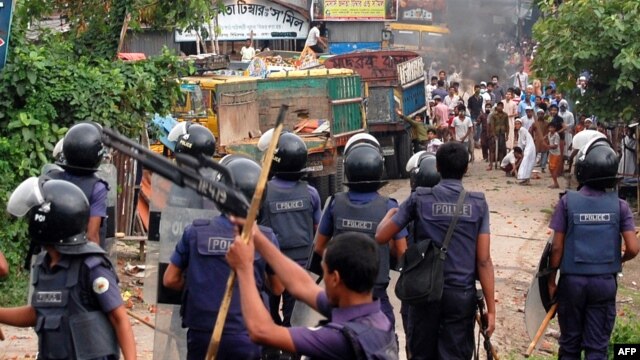By Kevin M. Mathewson
Impunity Watch Reporter, Asia
NORTH WAZIRISTAN, Pakistan – Two missiles, from suspected US drones, have killed seven people in a village in the North Waziristan tribal area, close to the Afghan border on Friday. The troubled border region is known as a stronghold of Taliban and Al-Qaeda linked militants.

“The U.S. drone fired two missiles targeting a militant compound and killing at least seven militants.” a senior local security official said.
The drone attack came just days after Nawaz Sharif took over as Pakistan’s prime minister for an unprecedented third term and asked the United States to end its drone attacks against militants.
“We respect the sovereignty of others and they should also respect our sovereignty and independence. This campaign should come to an end.” Sharif stated in regards to the U.S. campaign.
Last month President Obama announced stricter targeting rules for the drone campaign against militant suspects.
It is unclear who the target of the attack was, though several militant groups have camps in the area. Pakistan Taliban, whose deputy leader Waliur Rehman was killed in a drone strike on May 29, is said to be stationed there. Rehman was the number two in the Tehreek-e-Taliban Pakistan (TTP) faction and had a $5 million U.S. government bounty on his head.
On Thursday the families of Pakistani victims of U.S. drone strikes wrote to Sharif urging him to stop the U.S. campaign, even by shooting the U.S. drone’s down if necessary.
Drone attacks are incredibly controversial in Pakistan, where parts of the government and military have been accused of ignoring or even condoning some of the strikes. It has been claimed that between 2004 and 2013, U.S. drone attacks in Pakistan have killed up to 3,460 people.
It has been estimated by the Bureau of Investigative Journalism, that of those 3,460 deaths, 890 of them were civilians with a vast majority of strikes being carried out under the Obama administration.
In May, President Obama said the drone strikes were part of a legitimate campaign against terrorism, calling them “legal” and “just.” However, on May 9th the high court in the northwestern city of Peshawar declared the U.S. drone strikes targeting suspected militants a “war crime.”
For further information, please see:
BBC News – Pakistan drone strike kills seven in North Waziristan – 8 June 2013
4 News – Pakistan summons US diplomat over drone strike – 8 June 2013
The Daily Star – US drone strike kills 7 in Pakistan – 8 June 2013
The Voice of Russia – Pakistan protests to US over drone strikes that kill nine – 8 June 2013
Reuters – Pakistan summons envoy after U.S. drone strike kills nine – 8 June 2013


